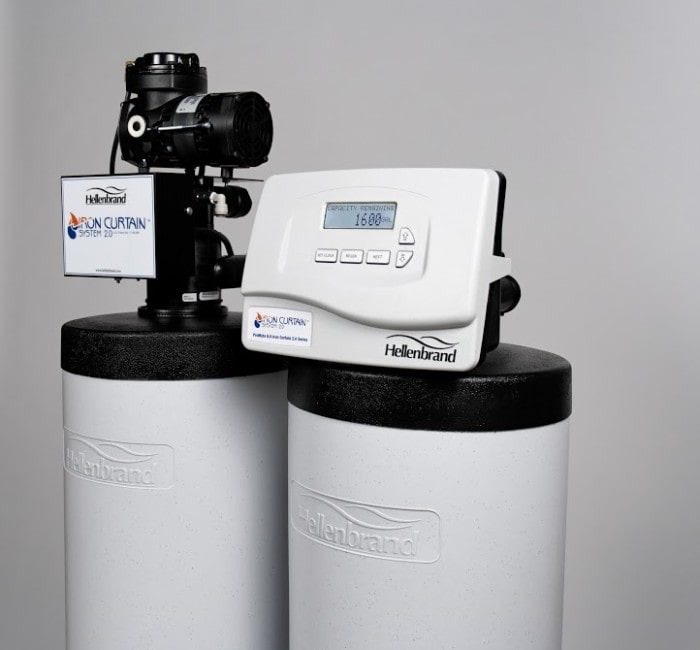
With the COVID-19 outbreak, the focus on cleanliness – personal and of one’s surroundings has attained paramount importance. People have become more conscious about the hygiene standards of the food and water they consume. Clean drinking water has become a priority and this is where water filtration systems or residential water treatment can help.
If you are wondering how a water filtration system works, read on to know more:
Operation Mechanism of Water Filtration Systems
Several mechanisms are used in a water filter. Broadly speaking, water is filtered either by a physical or chemical process. Physical filtration involves passing water through a sieve to purge large impurities such as lime scale.
Chemical filtration involves passing water through an active material such as activated carbon to remove smaller impurities.
Let’s take a look at the different systems that are employed in water filters to purify water:
Filtration Using Activated Carbon
Several water filters are fitted with activated carbon, which can adsorb chemical impurities such as chlorine, industrial solvents, and pesticides. However, activated carbon cannot remove impurities such as limescale, nitrates, fluorides, microbes, sodium, etc. Also, the carbon installed tends to get clogged after some time and needs replacement.
Reverse Osmosis
Reverse osmosis is a process through which water is forced through a membrane to remove impurities and contaminants from it. Filters that use reverse osmosis for the filtration process are fitted with electrical pumps to push water into the filtering membrane. While RO filters can get rid of contaminants such as nitrates, fluorides, etc., they are not very effective in removing bacteria. Another drawback is that a lot of water is wasted in the filtration process.
Ion Exchange Systems
A bit more advanced mode of filtration, ion exchange systems target water molecules to break them into ions. Good ions are retained, which results in softer and better-tasting water. Bad ions are disposed of. Technically speaking, water contains magnesium and calcium ions which are trapped by the zeolite beads of an ion exchange filter. The filter adds sodium ions to the ‘purified’ water and gives you softer, tastier water.
The challenges with ion exchange filters include frequent replacement of the filter or recharging with sodium at regular intervals. Another point that needs to be considered with ion exchange filters is that they do not remove sodium from water, which is also a contaminant.
Each system has its pros and cons. If you are thinking of installing a whole house water filter in Maryland, reach out to an expert on the subject. You can reach out to Peninsula Water Conditioning, a leader in water conditioning solutions and water treatments in Maryland. You can call us at (410) 341-6500 or write to us at service@peninsulawater.com to contact us. Peninsula Water Conditioning specialises in water softeners, iron filters, reverse osmosis, besides water filtration in Maryland.
Also Read:
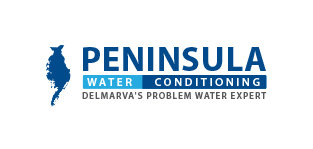

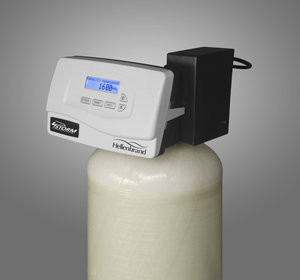
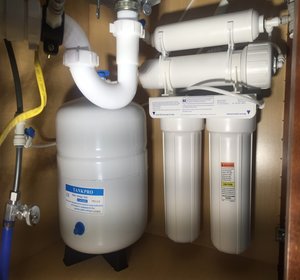
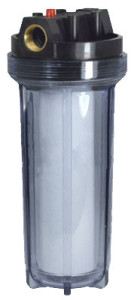
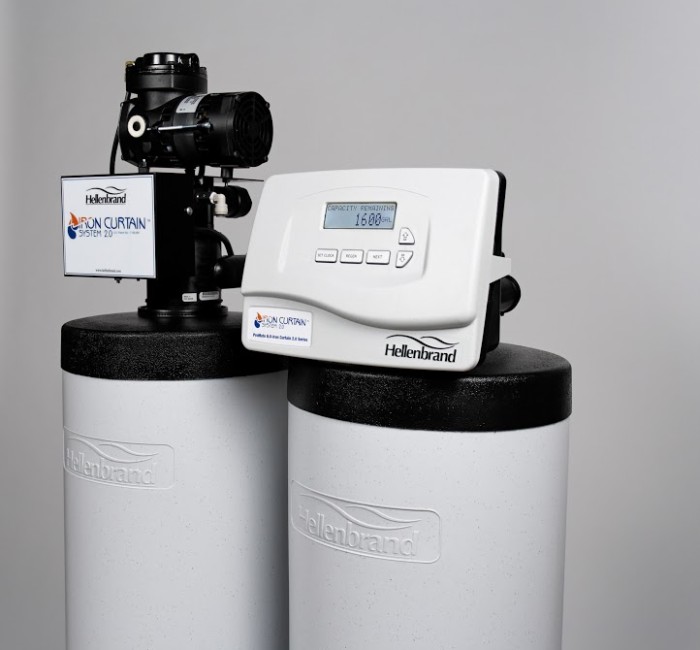
No Comments